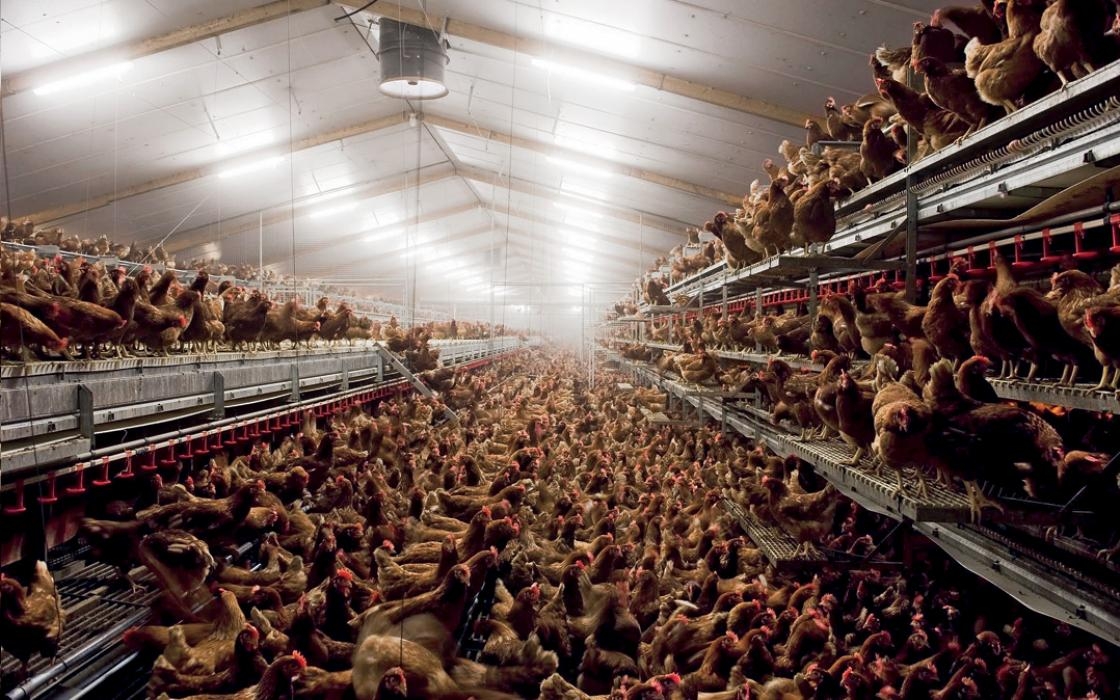Starting a chicken meat farm can be a rewarding venture, providing a steady supply of meat and contributing to local food systems. Whether you are new to farming or looking to expand your agricultural pursuits, this guide will help you understand the critical steps to establishing and managing a successful chicken meat farm.
Understanding the Basics of a Chicken Meat Farm
What is a Chicken Meat Farm?
A chicken meat farm, also known as a broiler farm, focuses on raising chickens specifically for meat production. These farms operate differently from egg-laying poultry farms, with a primary goal of growing chickens quickly and efficiently to meet market demand for meat.
Key Considerations Before Starting
Before you begin, it is essential to evaluate several factors that will influence the success of your chicken meat farm. These include the initial investment, ongoing costs, farm location, and market demand. Conducting thorough research and planning will help you set realistic expectations and create a sustainable business model.
Setting Up Your Chicken Meat Farm

Choosing the Right Location
The location of your chicken meat farm plays a significant role in its success. It should be accessible, have a suitable climate for raising chickens, and be located away from residential areas to minimize the risk of noise and odor complaints. Additionally, the site should have adequate space for housing, feeding, and processing chickens.
Selecting the Breed
Choosing the right breed of chickens is crucial for meat production. Broiler chickens, such as the Cornish Cross, are commonly used for meat due to their rapid growth and high feed conversion efficiency. Research different breeds to find the one that best suits your farm’s goals and local market preferences.
Infrastructure and Equipment
Housing and Shelter
Providing appropriate housing is essential for the health and productivity of your chickens. Broilers require well-ventilated and secure housing to protect them from predators and harsh weather conditions. The design should allow for easy cleaning and include features such as nesting boxes, perches, and feeders.
Feeding and Nutrition
Proper nutrition is vital for the growth and health of meat chickens. A balanced diet containing proteins, vitamins, and minerals will ensure optimal growth rates. Commercial feed is a common choice, but you can also formulate your feed to control costs and quality. Always ensure access to clean, fresh water.
Managing Your Chicken Meat Farm
Health and Disease Management
Keeping your chickens healthy is paramount to a successful meat farm. Implement biosecurity measures to prevent the introduction and spread of diseases. Regularly monitor your flock for signs of illness and work with a veterinarian to establish a vaccination and health management plan.
Record Keeping
Maintaining accurate records is essential for managing a chicken meat farm. Keep track of feed consumption, growth rates, health issues, and expenses. These records will help you make informed decisions and improve your farm’s efficiency and profitability.
Marketing and Selling Your Meat Chickens
Identifying Your Market
Understanding your target market is critical for selling your meat chickens. Identify potential buyers, such as local grocery stores, restaurants, and individual consumers. Building relationships with these customers can lead to repeat business and a stable income stream.
Pricing and Profitability
Setting competitive prices for your meat chickens involves considering production costs, market demand, and competitor pricing. Calculate your costs accurately to ensure that your pricing strategy covers expenses and generates a profit. Offering high-quality products and excellent customer service can also justify premium pricing.
Scaling and Expanding Your Chicken Meat Farm

Adding More Birds
As your farm grows, you may want to increase the number of chickens you raise. This involves expanding your housing facilities, investing in additional equipment, and possibly hiring more staff. Plan your expansion carefully to avoid overextending your resources.
Diversification
Diversifying your farm can reduce risk and increase profitability. Consider raising different breeds of chickens or adding other types of livestock. You can also explore value-added products, such as pre-packaged chicken cuts or specialty items like organic or free-range chickens.
Sustainability and Ethical Practices
Environmental Impact
Managing the environmental impact of your chicken meat farm is essential for long-term sustainability. Implement waste management practices to handle manure and reduce pollution. Consider using renewable energy sources and water-saving technologies to minimize your farm’s ecological footprint.
Animal Welfare
Maintaining high standards of animal welfare is crucial for the success and reputation of your farm. Ensure that your chickens are raised in humane conditions, with access to clean water, nutritious food, and adequate space. Adhering to animal welfare guidelines can also enhance your farm’s marketability and customer trust.
Conclusion
Starting and managing a successful chicken meat farm requires careful planning, dedication, and continuous learning. By focusing on the essentials—from choosing the right location and breed to maintaining health and marketing your products—you can build a thriving farm that meets the growing demand for high-quality meat. Stay committed to best practices and ethical standards to ensure the long-term success and sustainability of your chicken meat farm.

